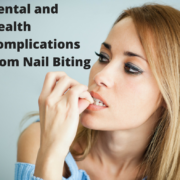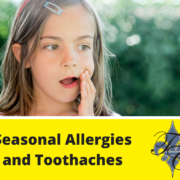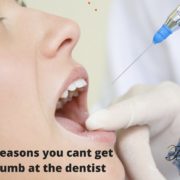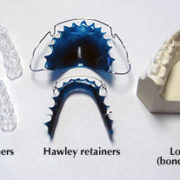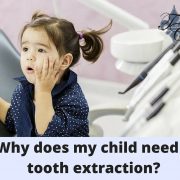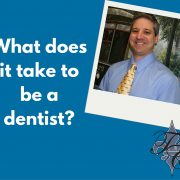What are some issues orthodontic treatments can correct?
The perfect smile has never been easier, thanks to how far orthodontics has come. Contrary to popular belief, braces aren’t just for cosmetic correction. There are a myriad of orthodontic issues that braces can treat. Braces can treat:
Overbites
If someone’s upper jaw or teeth protrude over their lower teeth, this is called an overbite. It’s fairly common, and can make chewing difficult. Overbites will eventually wear down the enamel of the affected teeth, increasing the risk for tooth decay. It’s easier to correct overbites in teenagers than adults, so it’s important to maintain regular dental checkups in order to catch problems like this before they get serious.
Underbites
Underbites are pretty much the opposite of overbites. This is when the top teeth are behind the bottom teeth. Like the overbite, this is easier to treat in the teenage years.
Crossbites
A crossbite occurs when some of the top teeth rest inside or behind the lower teeth when the mouth is closed. These teeth can be anywhere in the mouth, not just the front teeth. Crossbites cause extreme tooth degradation, and other serious problems when left untreated.
Spacing issues
When a person has spacing issues, their teeth often have large spaces in between the teeth. The problem with this is that larger chunks of food are able to get stuck between the teeth, increasing the person’s risk for cavities. And because there is more gum tissue exposed, a person’s risk for gum disease is higher as well.
Misaligned teeth and crowding
As our adult teeth come in, our mouths are still growing, and there’s a lot going on from a dental standpoint. If there isn’t sufficient room for an adult tooth, it can shove the surrounding teeth out of position. This can cause teeth to twist out of their correct positions, crowd them up against other teeth, or make them overlap. This can also be caused by our wisdom teeth. Thankfully, braces can move everything back to its correct position.
Open bites
Open bites are the product of children using a pacifier or sucking on their thumb too long. The front top and bottom teeth don’t meet at all, causing speech and chewing difficulty.
All of these orthodontic issues can be corrected with braces. If you’re affected by any of these conditions, have your dentist refer you to a local orthodontist. They’ll be able to asses the situation and tell you what your treatment will involve, and give you a timeline as to when everything will be fixed.

